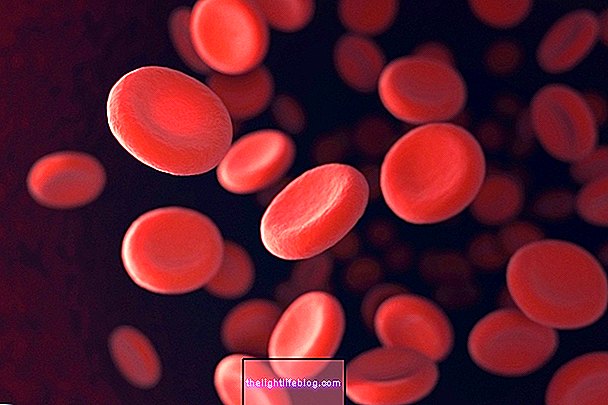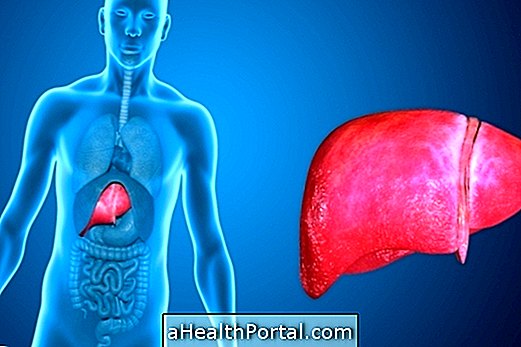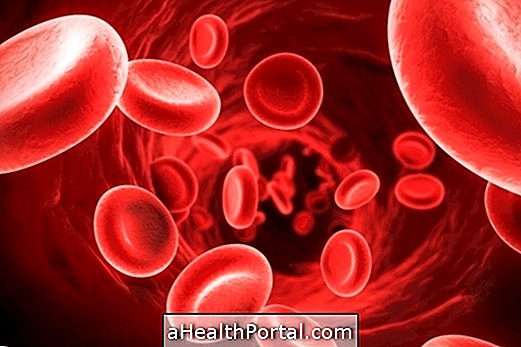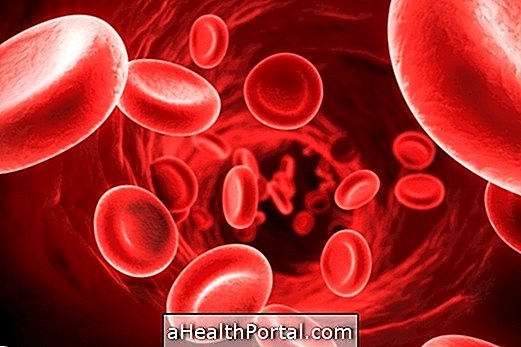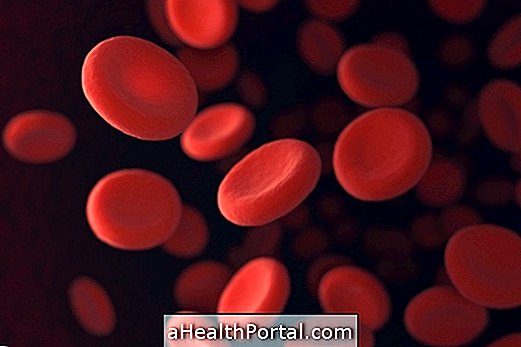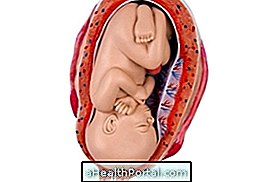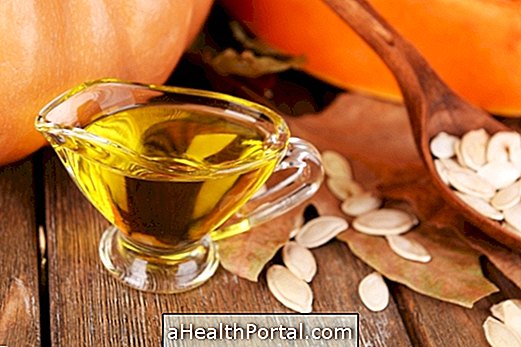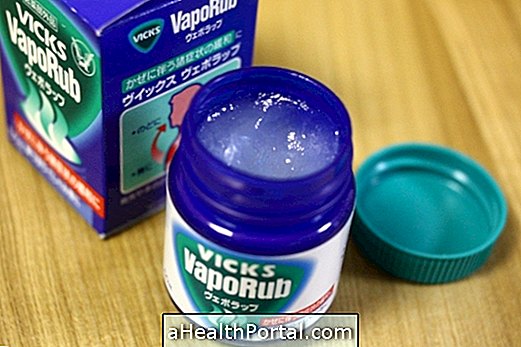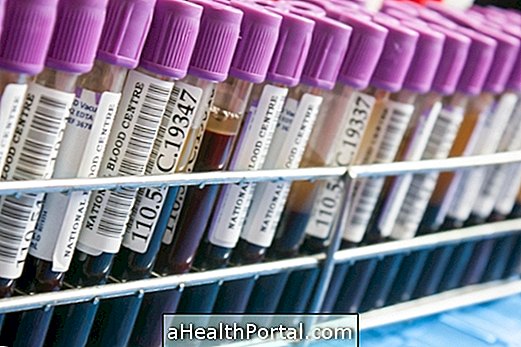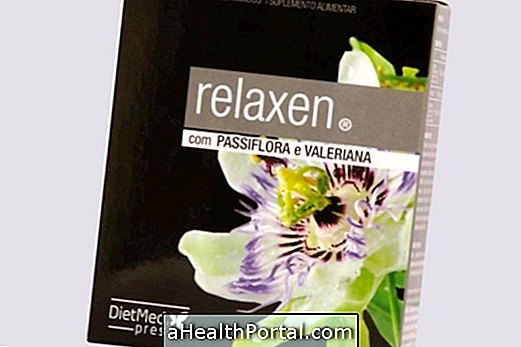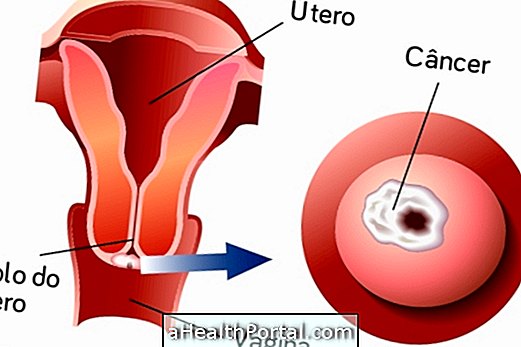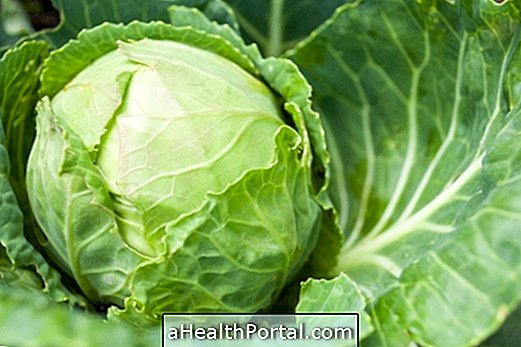Hyperkalemia is characterized by the large amount of potassium in the blood that generates symptoms such as difficulty in breathing and fainting. As soon as this happens an ambulance should be called by calling the number 192 for the individual to receive immediate treatment, as this is a serious situation that can be fatal.
Excess potassium in the blood can be caused by too much salt intake, but in most cases it is caused by kidney failure, which is when the kidneys fail to function properly, although it can also be caused by dehydration, uncontrolled type 1 diabetes, Addison's disease, internal bleeding, or due to improper medication taking, without a prescription.
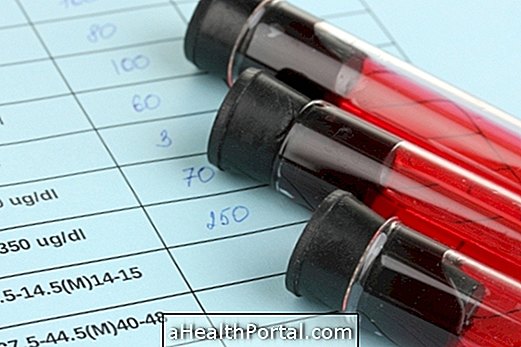
Symptoms of excess potassium in the blood
Symptoms of increased potassium in the blood include:
- Chest pain;
- Irregular, slow or absent heartbeat;
- Paralysis of muscles;
- Weakness, numbness or tingling sensation;
- Nausea, vomiting;
- Difficulty breathing;
- Mental confusion.
When presenting these symptoms you should seek medical help as soon as possible to perform blood and urine tests, and start the appropriate treatment.
Reference value of hyperkalemia
The reference value of hyperkalemia is equal to or greater than 7 mEq / L, but blood potassium levels should not exceed 5 mEq / L.
Treatment for excess potassium in the blood
Treatment for excess potassium is done by taking medicines in the hospital setting. Untreated severe cases can immediately lead to cardiac arrest and brain or other organ damage.
Hemodialysis may be indicated in case of renal insufficiency or the use of medicines such as calcium gluconate and diuretics, for example.
When a person has a small increase in potassium in the blood a good home treatment is to drink plenty of water and decrease the consumption of foods rich in potassium such as nuts, bananas and milk. Here's a complete list of potassium source foods you should avoid.
To prevent hyperkalemia, in addition to taking medication, it is important for the patient to have a habit of consuming little salt in their diet, avoiding also their substitutes such as seasoning cubes, which are also rich in potassium.
